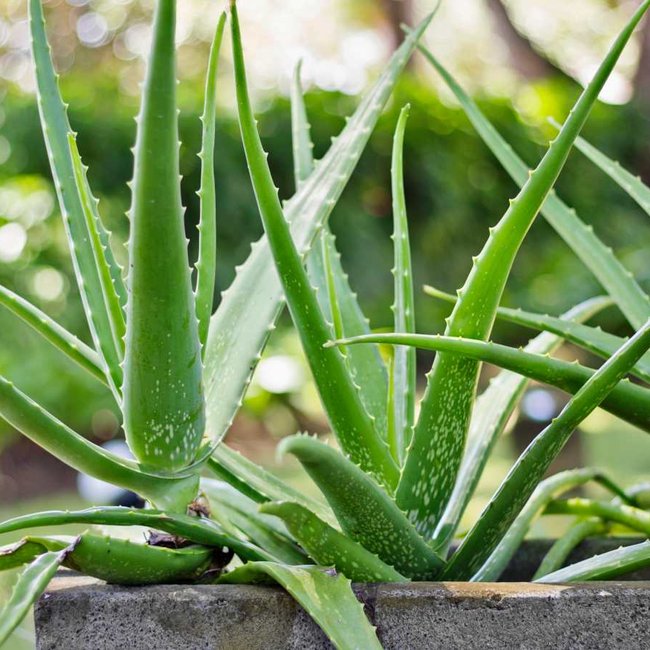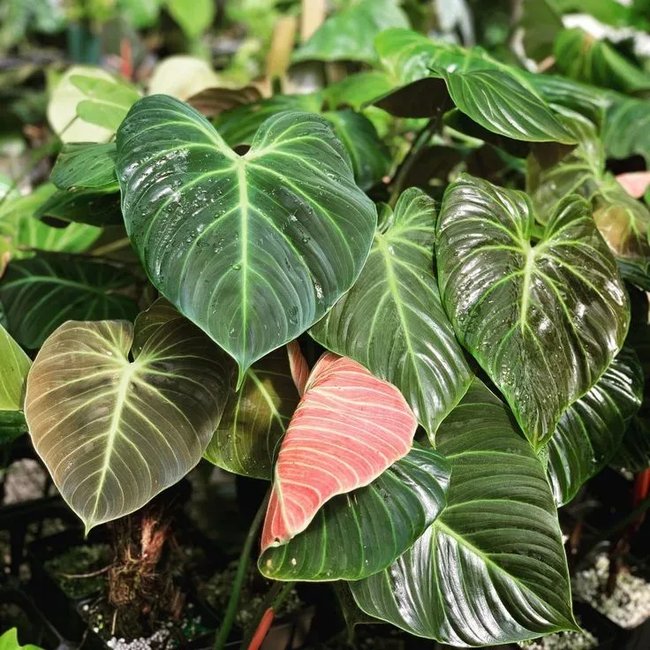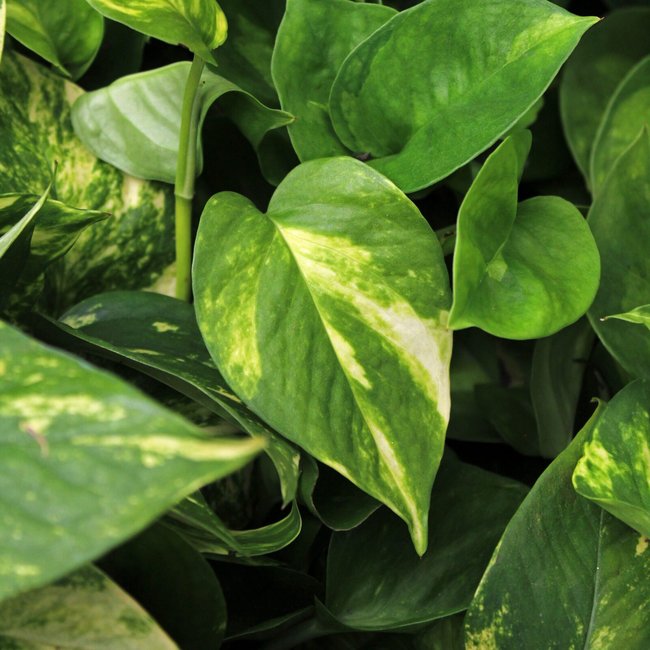Pelicans
Pelicans are large water birds with big, long bills, short legs, and large wingspans. They are found in both fresh and salt water habitats, and have a varied diet including fish, crustaceans, and other aquatic animals. Pelicans have been known to live for up to 25 years in the wild.
Meta Information
Scientific Name
Pelecanus
Average Lifespan
Up to 25 years
Average Size
Up to 6.5 feet
Similar To
Herons, Ibises, Cormorants, Ducks
Lifecyle
Pelicans reach sexual maturity after 4-5 years and form long-term monogamous relationships. They nest in large colonies, usually on the ground or in trees. The female lays 2-3 eggs, which are incubated for 28-32 days. The chicks fledge after 60-75 days.
Diet
Pelicans are opportunistic feeders, eating a variety of fish, crustaceans, amphibians, reptiles, and even small birds. They use their large bills to scoop up prey from the water.
Habitat
Pelicans are found in both fresh and salt water habitats, such as lakes, marshes, rivers, coasts, and estuaries. They are found in temperate and tropical regions, although they are more widespread in the tropics.
-
What do pelicans eat?
Pelicans are known for their unique feeding behavior, which involves diving into the water to catch fish. They primarily eat fish such as anchovies, herring, and sardines. Pelicans use their large beaks to scoop up fish and then drain the water out of their beaks before swallowing the fish whole. Pelicans have been observed working together to corral schools of fish, making it easier for them to catch their prey.
-
How do pelicans survive in the wild?
Pelicans have adapted to their aquatic environment in several ways. Their large wingspan and webbed feet make them excellent swimmers and allow them to cover long distances quickly. They also have the ability to fly long distances, which is useful when searching for new feeding grounds. Pelicans are social animals and often work together to catch fish, giving them a greater chance of survival.
-
What is the lifespan of a pelican?
The lifespan of a pelican varies depending on the species. Brown pelicans, which are found in North and South America, have a lifespan of around 15 years in the wild. Australian pelicans, which are found in Australia and surrounding areas, can live up to 25 years in the wild. Some pelicans in captivity have been known to live up to 40 years.
-
Where do pelicans live?
Pelicans are found in coastal and inland waterways around the world. There are eight species of pelicans, with the most commonly known species being the brown pelican. Brown pelicans are found along the coasts of North and South America. Other species of pelicans are found in Africa, Europe, Asia, and Australia.
-
What is the conservation status of pelicans?
The conservation status of pelicans varies depending on the species. Some species, such as the Dalmatian pelican, are listed as vulnerable due to habitat loss and hunting. Other species, such as the American white pelican, are listed as least concern. Conservation efforts are underway to protect pelican populations, including habitat restoration and protection, as well as education and outreach programs.
-
How do pelicans communicate with each other?
Pelicans have a variety of ways of communicating with each other. They use vocalizations such as grunts, squawks, and honks to communicate with their group. They also use body language, such as head bobbing and bill clapping, to convey messages. Pelicans may also use visual displays, such as raising their wings or displaying their pouches, to communicate with other pelicans.
-
What is the breeding behavior of pelicans?
Pelicans are monogamous during the breeding season, which varies depending on the species and location. During breeding season, males will perform courtship displays to attract a mate. The female will then lay one to three eggs in a nest made of twigs and other debris. Both parents take turns incubating the eggs and caring for the chicks. The chicks are born with a thin layer of down and are fed regurgitated fish by their parents.
-
Are pelicans dangerous to humans?
Pelicans are generally not dangerous to humans. They are known for their docile nature and are often used in zoos and aquariums for educational purposes. However, they have been known to become aggressive if they feel threatened or if their nest or young are being threatened. It is important to respect their space and observe them from a safe distance.
-
How do pelicans adapt to their environment?
Pelicans have adapted to their environment in a variety of ways. Their large wingspan and webbed feet make them excellent swimmers and allow them to cover long distances quickly. They also have the ability to fly long distances, which is useful when searching for new feeding grounds. Pelicans are social animals and often work together to catch fish, giving them a greater chance of survival. Their unique pouches allow them to store and transport fish, making them more efficient at catching and consuming their prey.
-
How do pelicans migrate?
Pelicans are known for their long-distance migrations, which can span thousands of miles. During migration, pelicans will fly in V-shaped formations, which helps to conserve energy and reduce wind resistance. They often fly at high altitudes, which allows them to take advantage of favorable winds. Pelicans use a variety of cues to navigate during migration, including the position of the sun, stars, and magnetic fields.
-
Do pelicans have any predators?
Pelicans have few natural predators. Their large size and aggressive behavior make them difficult targets for most predators. However, young pelicans may be vulnerable to predation by eagles, gulls, and other large birds. Pelicans may also be threatened by human activities, such as pollution, habitat destruction, and hunting.
-
What is the significance of pelicans in culture and mythology?
Pelicans have been revered in many cultures throughout history. In ancient Egypt, the pelican was associated with the goddess Isis and was considered a symbol of resurrection. In Christianity, the pelican was a symbol of sacrifice and was believed to feed its young with its own blood. In Native American cultures, the pelican was considered a symbol of abundance and was associated with the sun. Today, pelicans continue to be an important symbol in art, literature, and popular culture.
10 Fun Facts About
1. Pelicans can dive to depths of up to 20 feet in search of food. 2. Pelicans have an expandable pouch in their bill that can hold up to 3 gallons of water. 3. Pelicans are excellent swimmers and can reach speeds of up to 35 mph. 4. Pelicans have a unique way of cooling off in hot weather: they urinate on their legs! 5. Pelicans use their long bills to scoop up prey from the water. 6. Pelicans have a specialized “gular pouch” that is used to store food for later consumption. 7. Pelicans are social birds and often gather in large flocks. 8. Pelicans can fly up to 30 miles per hour. 9. Pelicans can live up to 25 years in the wild. 10. Pelicans are believed to be one of the oldest bird species, with fossil records dating back over 30 million years.
Pun
What did the pelican say when he saw a fish? “Let’s bill-abong!”
Out Thoughts About
🤩 Pelicans are amazing birds with fascinating adaptations that make them perfectly suited to their aquatic environment.








